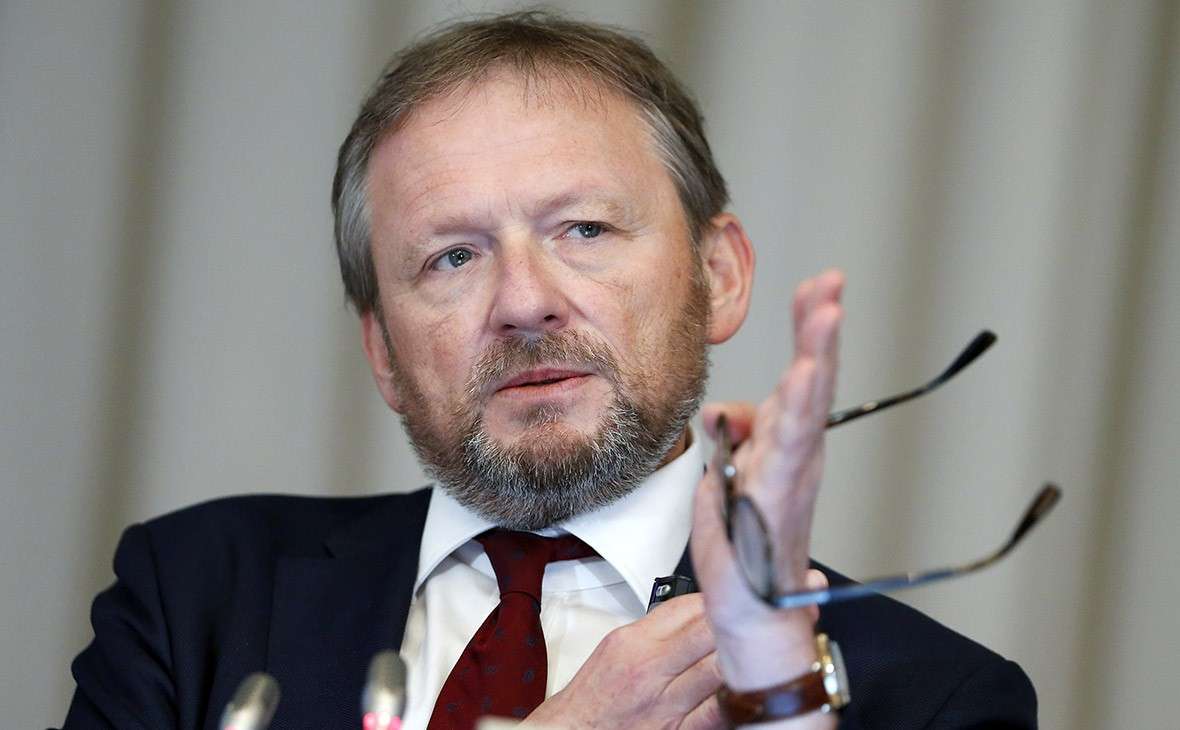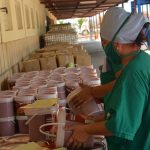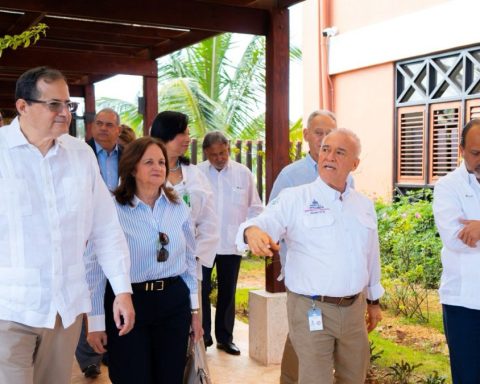Russian economists proposed to Cuba a plan to carry out market reforms, based on the development of companies small and medium as declared to Sputnik the advisor to the Presidency for the rights of entrepreneurs in that country, Boris Titov.
“Russian economists offered Cuba a plan for market changes that preserves social support. Economic reform can and should be promoted by small and medium-sized companies. In Cuba, SMEs are equivalent to private companies, since the State controls all strategic areas,” said Titov, who is also president of the Cuba-Russia Business Council.
The head of the Russia-Cuba business council, Boris Titov, announced Tuesday in Moscow that his country will sell food, chemical products and other household items to the island through a special trading house. #BestIsPossible pic.twitter.com/g0RQd5D8oZ
— Embacuba_Turquia (@Embacuba_Turqui) March 29, 2023
Until now, according to Titov, SMEs in Cuba are in an initial stage of development, since they account for 7% of the GDP, around a quarter of the employees work for them, as well as guarantee about 11% of the income prosecutors.
“They face many problems: difficulty accessing credit, high taxes, problems with the rate of return due to the prices of some goods, which are set by directives, and the price of other goods, limited by the Low wages in the public sector. In many ways, Cuban SMEs are in the shadows,” she stressed.
However, the real participation of these structures in the Cuban economy, in Titov’s opinion, could be much higher.
“For this it is necessary to modify the key factors. In particular, create a softer and more flexible tax regime. The strong easing of fiscal conditions must be accompanied by an equally significant ‘laundering’ of the economy, ”he said, quoted this Thursday by Sputnik.
In the opinion of the Russian expert, “the fundamental question of the reform continues to be the management of prices”, a factor that is closely linked to the currency exchange policy. The “strict” regulation of these transactions causes, according to the official, “the low profitability of the companies, the deficit of basic products”, as well as the black market.
“Unlike the ‘shock therapy’ that took place in Russia, the transition to free price formation in Cuba should be done gradually, and it has to be well prepared,” Titov concluded.
In mid-January, Boris Titov visited Havana at the head of a delegation of Russian businessmen who were received by Cuban President Miguel Díaz-Canel, who ratified the “will” of his government to carry out political dialogue and economic relations. and bilateral trade at “a higher moment”.
During the exchange, and according to agency reports interfacethe decision was made to found an Economic Center to prepare “economic transformations in Cuba based on the development of private enterprise.”
Cuba and Russia will collaborate in economic transformation program
On March 28, Boris Titov, who met with the Cuban ambassador to Russia, announced the creation of a joint venture with the Cuban state corporation Cimex to sell food, chemicals and other household items through a special trading house on the island.
The Cuban government has already given preliminary consent to the idea, while the Russian counterpart waited for the signing of a contract that would allow progress in solving complicated logistical problems, such as the transport of Russian merchandise and insurance.















